
Autonomous Agents for Social Good 2021
May 3, 2021
Co-located with AAMAS 2021, London, UK (Virtual)
Co-located with AAMAS 2021, London, UK (Virtual)
| Home | Call for Papers | Keynotes | Program | Organization |
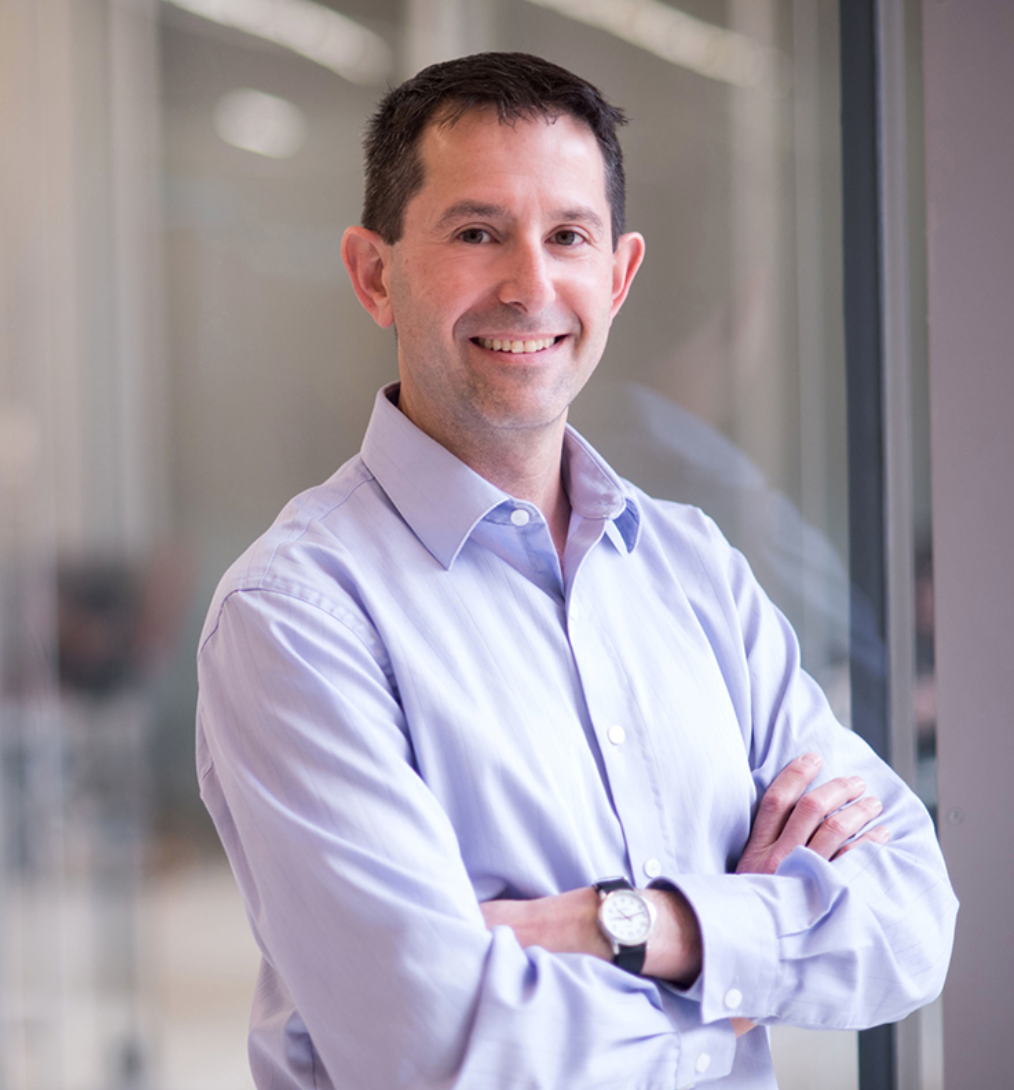 |
Peter Stone, University of Texas at AustinDr. Peter Stone is the David Bruton, Jr. Centennial Professor and Associate Chair of Computer Science, as well as Director of Texas Robotics, at the University of Texas at Austin. In 2013 he was awarded the University of Texas System Regents' Outstanding Teaching Award and in 2014 he was inducted into the UT Austin Academy of Distinguished Teachers, earning him the title of University Distinguished Teaching Professor. Professor Stone's research interests in Artificial Intelligence include machine learning (especially reinforcement learning), multiagent systems, and robotics. Professor Stone received his Ph.D in Computer Science in 1998 from Carnegie Mellon University. From 1999 to 2002 he was a Senior Technical Staff Member in the Artificial Intelligence Principles Research Department at AT\&T Labs - Research. He is an Alfred P. Sloan Research Fellow, Guggenheim Fellow, AAAI Fellow, IEEE Fellow, AAAS Fellow, Fulbright Scholar, and 2004 ONR Young Investigator. In 2007 he received the prestigious IJCAI Computers and Thought Award, given biannually to the top AI researcher under the age of 35, and in 2016 he was awarded the ACM/SIGAI Autonomous Agents Research Award. Professor Stone co-founded Cogitai, Inc., a startup company focused on continual learning, in 2015, and currently serves as Executive Director of Sony AI America. |
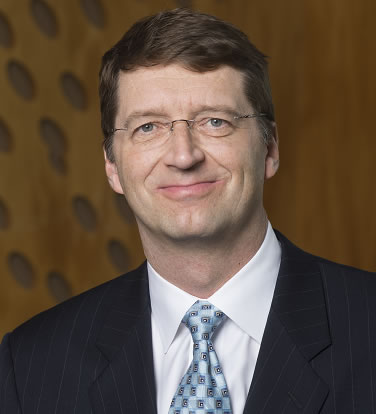 |
Tuomas Sandholm, Carnegie Mellon UniversityDr. Tuomas Sandholm is the Angel Jordan University Professor of Computer Science at Carnegie Mellon University and a serial entrepreneur. His research focuses on the convergence of artificial intelligence, economics, and operations research. He is Co-Director of CMU AI. He is Founder and Director of the Electronic Marketplaces Laboratory. In parallel with his academic career, he was Founder, Chairman, first CEO, and CTO/Chief Scientist of CombineNet, Inc. from 1997 until its acquisition in 2010. During this period the company commercialized over 800 of the world’s largest-scale generalized combinatorial multi-attribute auctions, with over $60 billion in total spend and over $6 billion in generated savings. He is Founder and CEO of Optimized Markets, Inc., which is bringing a new optimization-powered paradigm to advertising campaign sales, scheduling, and pricing in linear and nonlinear TV, display, streaming, and cross-media advertising. Since 2010, his algorithms have been running the national kidney exchange for UNOS, where they make the kidney exchange transplant plan for 80% of U.S. transplant centers together each week. He also co-invented never-ending altruist-donor-initiated chains, which have become the main modality of kidney exchange worldwide and have led to around 10,000 life-saving transplants. He invented liver lobe and multi-organ exchanges, and the first liver-kidney swap took place in 2019. He has developed the leading algorithms and pipelines for several general game classes. The team he leads is the multi-time world champion in AI-vs-AI heads-up no-limit Texas hold’em, the main benchmark and decades-open challenge problem for application-independent algorithms for imperfect-information games. Their AI Libratus became the first and only AI to beat top humans at that game. Then their AI Pluribus became the first and only AI to beat top humans at the multi-player game. That is the first superhuman milestone in any game beyond two-player zero-sum games. He is Founder and CEO of Strategic Machine, Inc., which provides solutions for strategic reasoning in business and gaming applications. He is Founder and CEO of Strategy Robot, Inc., which focuses on defense, intelligence, and other government applications. Among his honors are the Minsky Medal, Engelmore Award, Computers and Thought Award, inaugural ACM Autonomous Agents Research Award, CMU’s Allen Newell Award for Research Excellence, Sloan Fellowship, NSF Career Award, Carnegie Science Center Award for Excellence, Edelman Laureateship, and Goldman Sachs 100 Most Intriguing Entrepreneurs. He is Fellow of the ACM, AAAI, and INFORMS. He holds an honorary doctorate from the University of Zurich. |
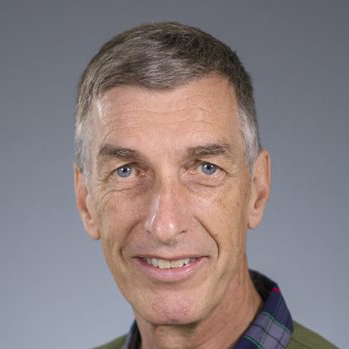 |
Frank Dignum, Umea UniversityDr. Frank Dignum is a Dutch computer scientist. He is currently a Professor of Socially-Aware AI at Umeå University and an associate professor at the Department of Information and Computing Sciences of the Utrecht University. Prof. Dignum is best known from his work on software agents, multi-agent systems and fundamental aspects of social agents. Since 2013, Prof. Dignum is a honorary principal research fellow of the University of Melbourne and since 2017 also visiting full professor of the Technical University of Prague. He has organized many workshops and conferences (amongst which AAMAS and ECAI) and given tutorials and invited presentations at most major conferences and summer schools. Since 2014 he is a EurAI fellow. Has been in the IFAAMAS board and just started the International Journal on Socio-Cognitive Systems. At the moment his H-index is 52. |
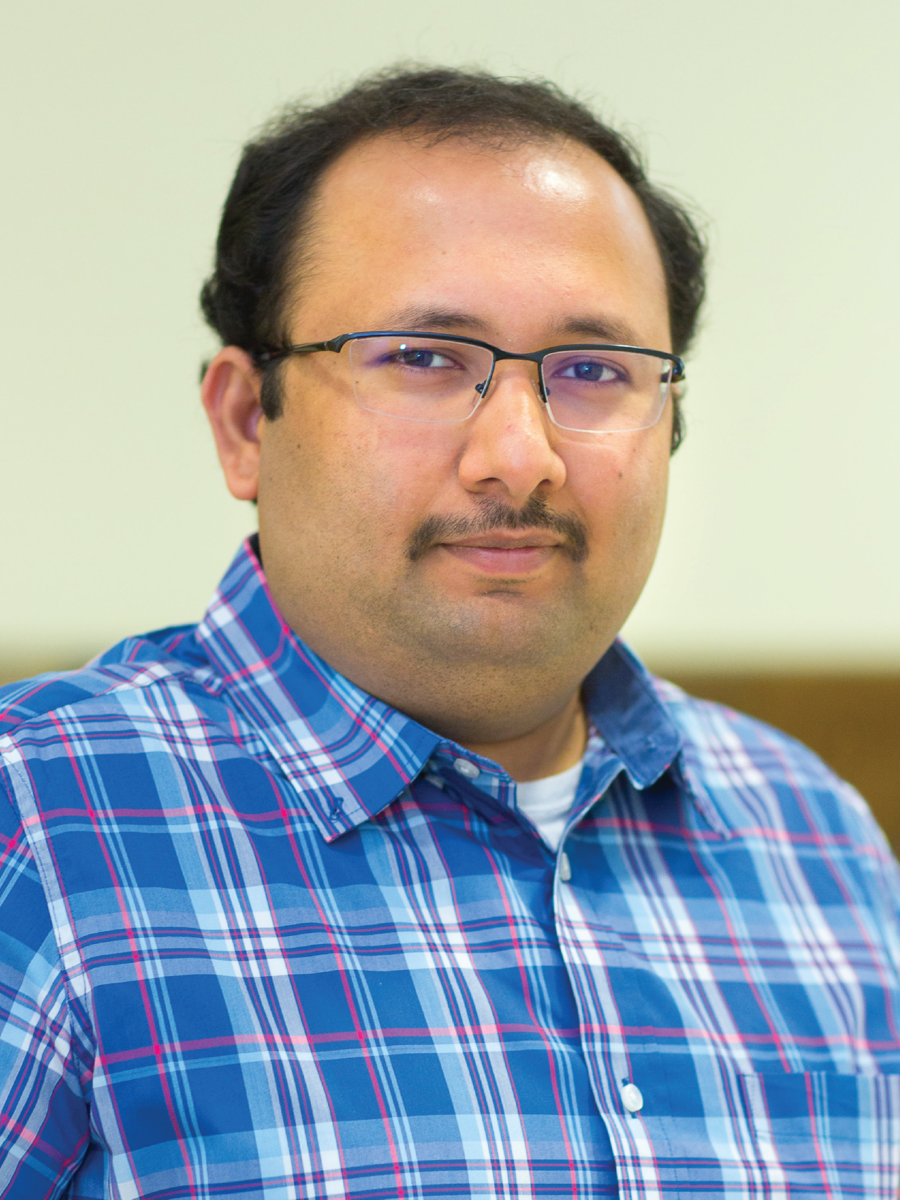 |
Srinivasan Venkatramanan, University of VirginiaDr. Srinivasan Venkatramanan is a research scientist at the Network Systems Science and Advanced Computing division. Prior to joining University of Virginia in 2018, Venkatramanan did his postdoctoral research at the Network Dynamics and Simulation Science Laboratory, Biocomplexity Institute of Virginia Tech (2015-2017), where he also worked as a Computational Health Data Scientist (2017-2018). He received his Ph.D. in Electrical Engineering from the Indian Institute of Science in 2014 for his dissertation titled "Influence Dynamics on Social Networks". Venkatramanan’s research areas include stochastic modeling, diffusion dynamics, optimal control and network science. At the Biocomplexity Institute, he is responsible for developing, analyzing and optimizing computational models for complex systems arising in the domains of epidemiology and food security. |
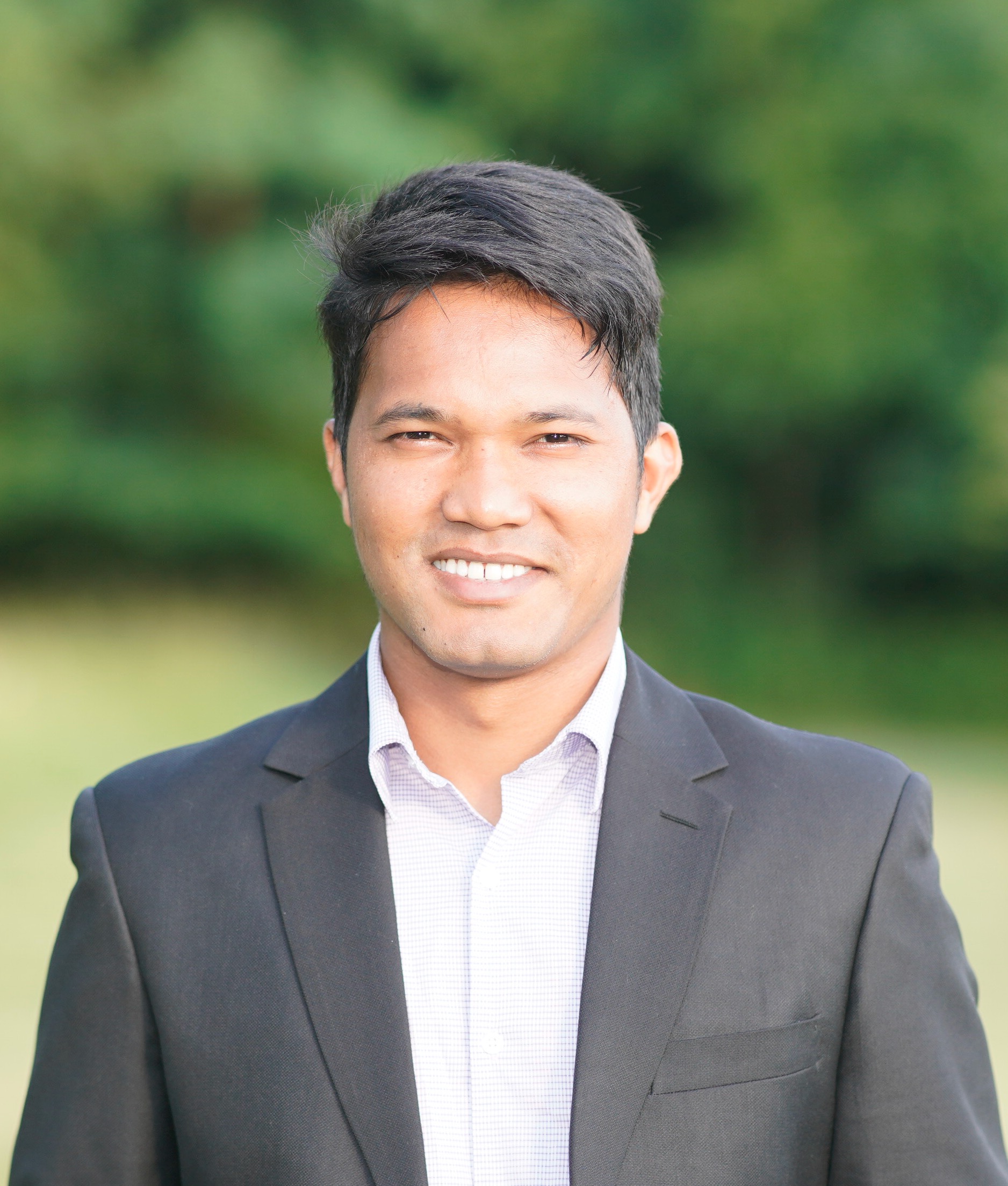 |
Bijaya Adhikari, University of IowaDr. Bijaya Adhikari is an Assistant Professor in the department of Computer Science at University of Iowa. He received a PhD and a master's degree in computer science from Virginia Tech and bachelor's degree from Vistula University in Warsaw, Poland. He works at the intersection of many important domains like epidemiology, critical infrastructure, and AI/ML. He builds new algorithms and deep learning architectures incorporating domain knowledge to solve real challenging problems. He has published at both top data mining and domain-specific venues (SIGKDD, ICDM, WWW, SDM, AAAI, AAMAS, PLoS Computational Biology - his paper was selected by the editors to be featured on the PLOS Complexity channel as well). He has also won multiple awards from CS@VT (Pratt Fellowship), travel awards etc. He is also a member of the Computational Epidemiology group at University of Iowa. |
| Design by Mike Pierce | © Conference Organizers |